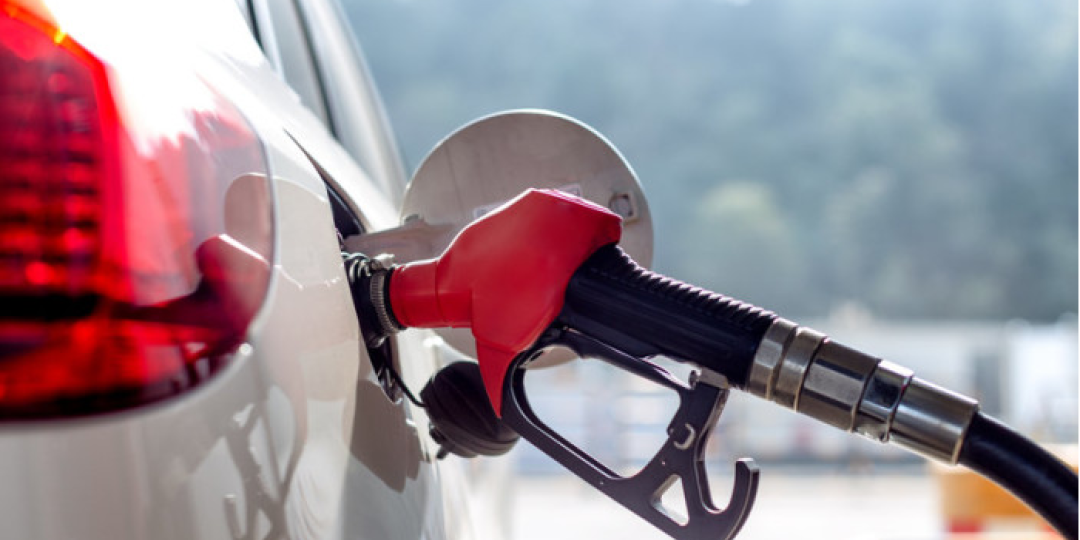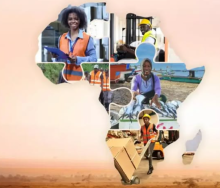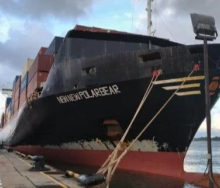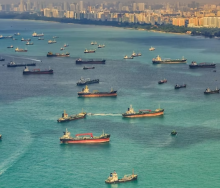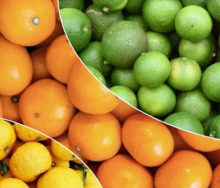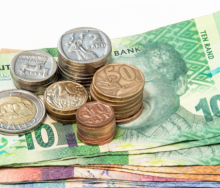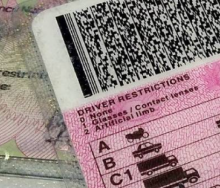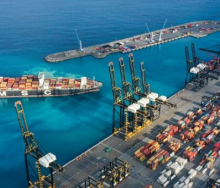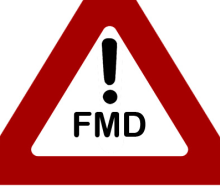South African motorists are paying around R1.50 per litre more for fuel in May 2023 than they were this time last year, and government levies comprise a hefty 28% of the fuel price, says the Automobile Association (AA).
The increases to the price of 93ULP petrol inland and 95ULP at the coast represent increases of around 7% to petrol for the period, the AA says in an analysis of fuel price movements released on Tuesday.
Consequently, it has reiterated its call for the government to adjust the country's fuel price structure.
The wholesale price of diesel decreased from R21.99/l in May 2022 to R20.15 in May 2023 inland, and from R21.34/l in May 2022 to R19.43/l in May 2023 at the coast.
The decrease in the diesel price must, however, be seen against the backdrop of significant hikes between June and December 2022, when the price of a litre of diesel inland reached R25.40/l in July 2022.
Similarly, petrol prices during this period remained high, with ULP95 (inland) reaching R26.74/l in July 2022, and ULP95 at the coast hitting R26.09/l.
"South Africa's fuel price is comprised of many different elements, some of which make fuel in the country more expensive than in neighbouring countries to which South Africa exports," the AA said.
A litre of ULP93 inland costs R21.51 in May 2023, and the same fuel now costs R23.01/l, while ULP95 at the coast cost R21.09 in May 2022.
Now, in May 2023, the price is R22.62/l.
"The costs are calculated using May fuel price data, which incorporates the two main taxes paid on every litre of fuel, namely the General Fuel Levy (GFL) and the Road Accident Fund (RAF) levy," the AA said.
In 2023, no increases to these levies were implemented, but they remain significant contributors to the overall fuel prices.
"In May 2023, the total cost of the two main levies stands at R6.14 (R3.96 for the GFL and R2.18 for the RAF levy), levied on every litre petrol sold in the country.
“The GFL is lower for diesel at R3.82, while the RAF levy remains the same," the AA noted.
Increases in fuel prices also mean an increase in the cost of goods that are transported across the country, as operators recover these higher input costs through increases that are passed on to consumers.
"The AA reiterates its position of mid-April 2021 when it made representations to the Parliamentary Portfolio Committee on Mineral Resources and Energy, that several steps can be taken to mitigate rising fuel costs in the country.
“Among these are a recalculation and audit of the existing elements within the fuel pricing model and a reduction of the costs of the RAF to motorists through, better management and governance of the RAF, improved road safety to reduce demand on the RAF, better traffic policing; safer roads, drivers, cars and better post-crash intervention; better pedestrian safety education, privatisation of the RAF, or at a minimum, semi-privatisation of claims management"
"The association further notes that the misappropriation of funds and corruption are siphoning money away from the GFL, which could be used better if allocated properly and accounted for.
“Investments in alternative forms of public transport, and investments in improving Transnet, are vital," the AA said.
